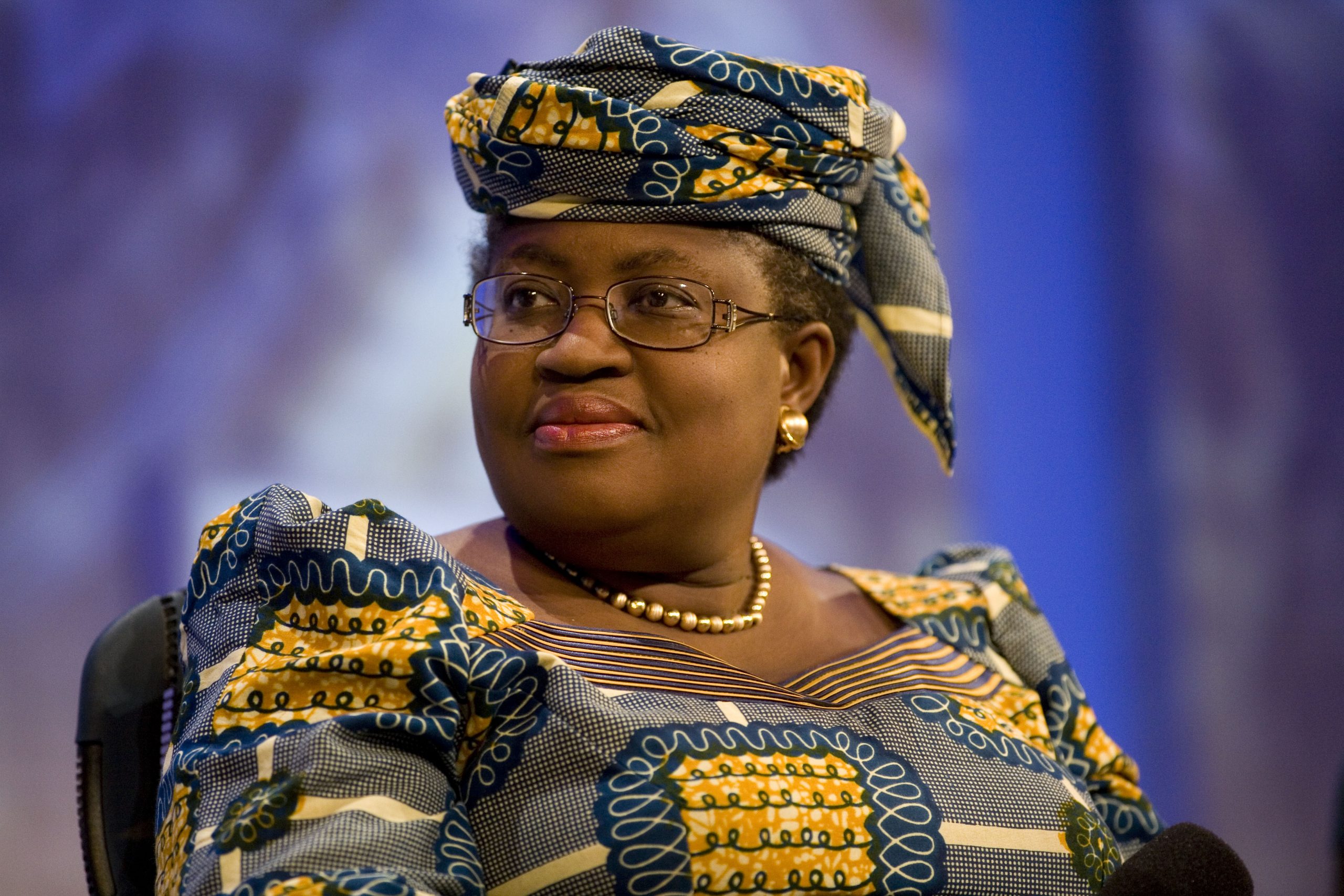Dr Ngozi Okonjo-Iweala, the Director-General of the World Trade Organization (WTO), has emphasised the transformative potential of Artificial Intelligence (AI) in addressing Nigeria’s developmental challenges across multiple sectors.
During her keynote speech at the 10th convocation ceremony of the African University of Science and Technology (AUST) in Abuja on Tuesday, she urged stakeholders to embrace innovation and collaboration for a sustainable future.
Read also: How Agentic AI is redefining CRM, workflow automation at Creation AI
Transforming Nigeria’s energy sector with AI
Highlighting Nigeria’s ongoing energy challenges, Dr Okonjo-Iweala called for the decentralisation of electricity supply to achieve reliable and sustainable power. She noted that centralised power grids often suffer from inefficiencies and limited reach, particularly in rural areas.
“AI-driven energy solutions, such as smart microgrids, can dynamically allocate resources, reduce wastage, and ensure equitable distribution,” she said. “Decentralized systems powered by renewable energy sources, like solar and wind, offer a sustainable way forward.”
Dr Okonjo-Iweala commended companies like Rensource for leveraging AI to optimise off-grid energy solutions and emphasised the importance of public-private partnerships in driving such innovations.
AI advancing agriculture, healthcare, and finance
Beyond energy, Okonjo-Iweala outlined the role of AI in revolutionising key sectors like agriculture, healthcare, and finance. She noted that AI-powered tools could help farmers increase yields through precision agriculture, including pest management and soil analysis. Companies like Crop2Cash and Thrive Agric were praised for supporting local farmers with AI-driven solutions.
In healthcare, AI has the potential to bridge gaps in underserved areas by improving diagnostics and patient care, especially in regions lacking medical professionals. Similarly, the financial sector can leverage AI to expand credit access for small businesses and individuals excluded from formal banking systems.
“AI promises to be useful in addressing challenges that have hindered Nigeria’s economic progress for decades,” she said. “By adopting AI, we can tackle inefficiencies and unlock opportunities across multiple industries.”
Read also: “Technology isn’t just a tool; it’s a force that transforms lives and breaks barriers” – Samuel Ojo
Building a robust foundation for AI innovation
Dr Okonjo-Iweala emphasised the need for investments in digital infrastructure, regulatory frameworks, and skills development to harness the full potential of AI. She cited the Ministry of Communications, Innovation, and Digital Economy’s national AI strategy as a step in the right direction but stressed the importance of closing the digital divide.
“We must address barriers like unreliable electricity, limited internet access, and inadequate digital infrastructure,” she stated. “Investments in education and upskilling are crucial to preparing our youth for the AI revolution.”
The occasion also saw the Group Managing Director of United Bank for Africa (UBA), Oliver Alawuba, honoured with an honorary doctorate. UBA further demonstrated its commitment to innovation by donating a new AI and emerging technologies centre to AUST.
Dr. Okonjo-Iweala concluded with a call to action: “Nigeria’s young population and growing middle-class present a unique opportunity. With strategic investments and collaborative efforts, we can position Nigeria as a global leader in AI while addressing local challenges.”
The event underscored the critical role of academia, industry, and government in driving Africa’s AI-powered development. As Okonjo-Iweala aptly noted, “We cannot afford to be left behind in the digital age.”
















